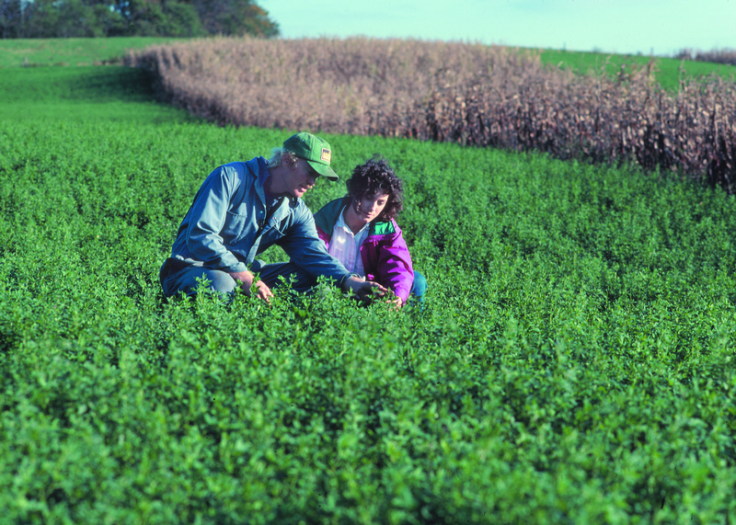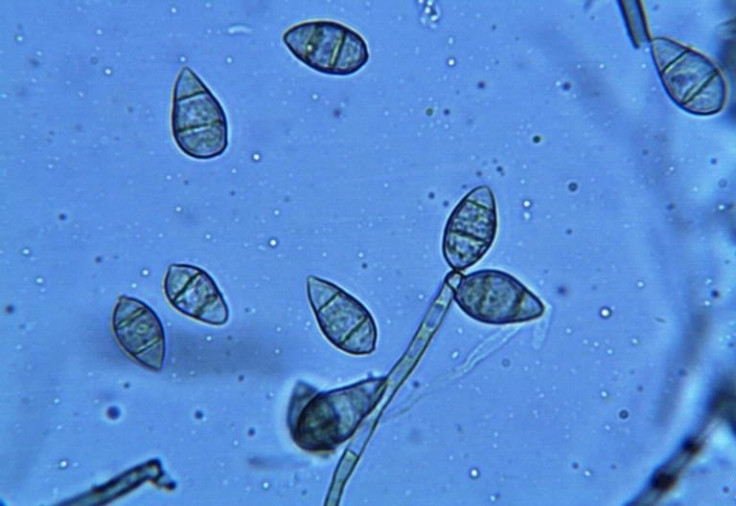Global Warming Threatens Food Security through Spread of Crop Pests
Experts warn global warming is spreading crop pests by 3km ever year

Global warming is posing a threat to global food security by spreading crop pests, experts have said.
A study by researchers at Exeter University, published in the journal Nature Climate Change, found that global warming is spreading crop pests towards the North and South Pole by around 3km every year.
The amount of crops lost through pests would feed almost 9% of today's global population - about 648 million people.
Up to 16% of global crop production is altready lost to pests, such as fungi, bacteria, viruses and insects, which are constantly evolving and their diversity expanding.
They are spread through human activities and natural processes but the primary cause is international freight transport.
Researchers believe that global warming is allowing pests to become established in previously unsuitable areas and that the amount of crop losses will increase if global temperatures continue to rise.

Some projections suggest that up to 200 million more people could be at risk of hunger because of climate change by 2050.
Dan Bebber of the university said: "If crop pests continue to march polewards as the Earth warms, the combined effects of a growing world population and the increased loss of crops to pests will pose a serious threat to global food security."
Global warming stimulates insect herbivory - insects feeding - at higher latitudes. This is evident in outbreaks of the mountain pine beetle, which has destroyed huge areas of pine forest in the US.
The rice blast fungus, present in more than 80 countries - which has had a huge effect on agriculture and the health on ecosystems - has moved to wheat and is reducing yields in Brazil.
Researchers used observations of the distribution of 612 crop pests collected over the last 50 years. They found that pests were moving further north and south into previously uncolonised regions, corresponding to increased temperatures.
Sarah Gurr, also of Exeter, said: "Renewed efforts are required to monitor the spread of crop pests and to control their movement from region to region if we are to halt the relentless destruction of crops across the world in the face of climate change."
© Copyright IBTimes 2025. All rights reserved.






















